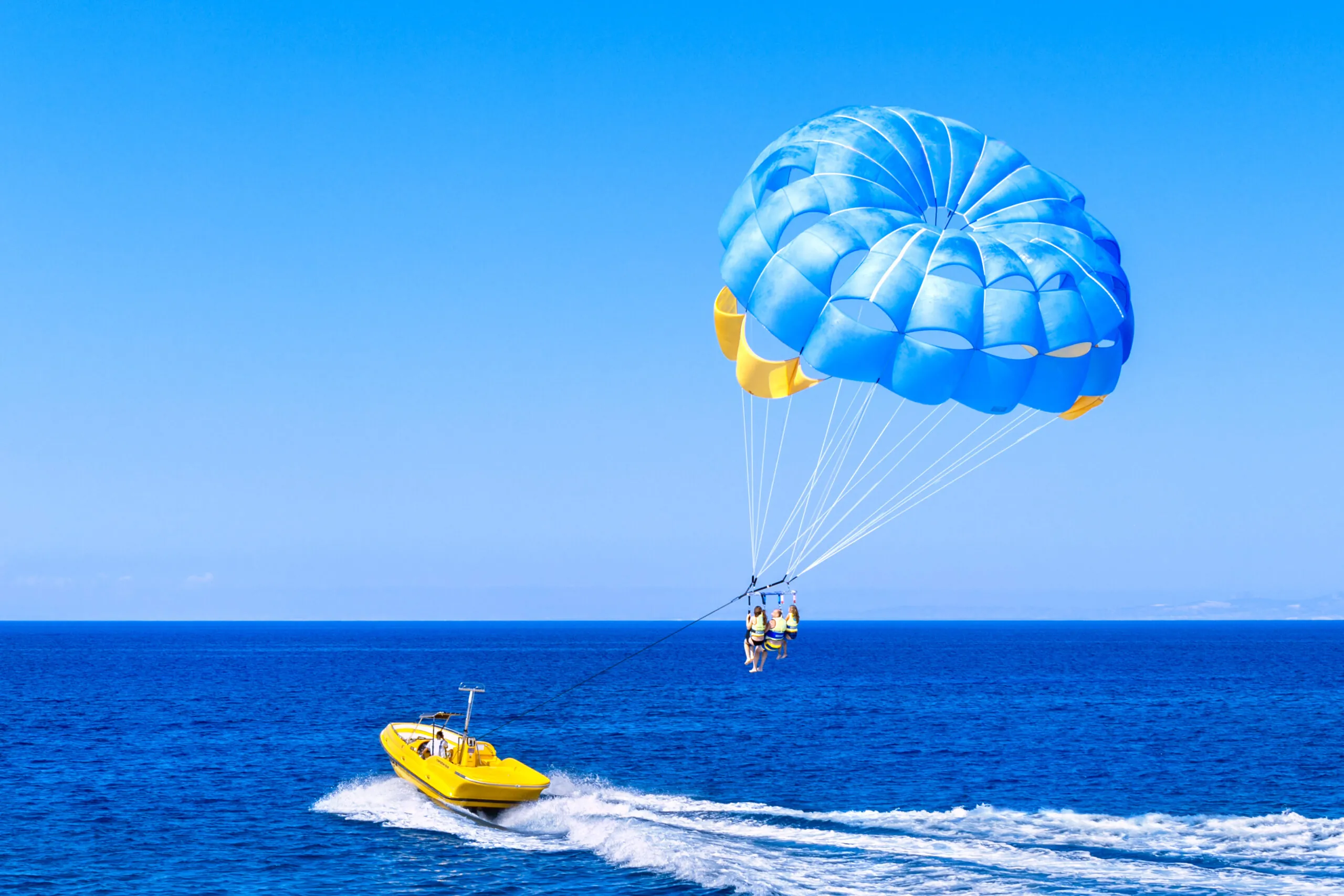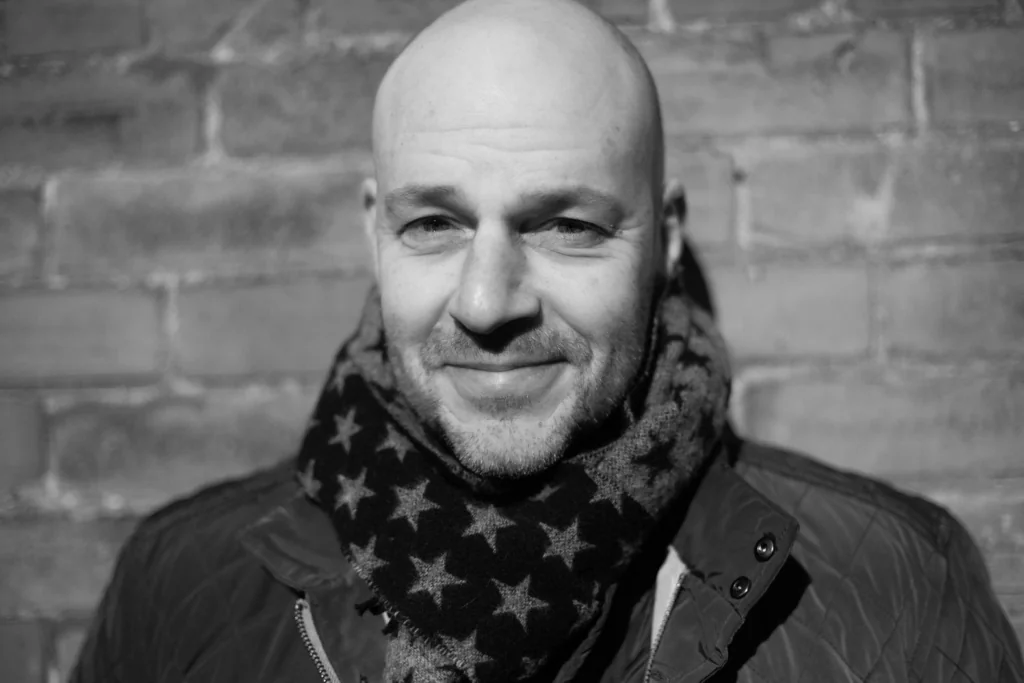Florida Parasailing Accident Liability
The Cruise Injury Law Firm is dedicated to helping individuals affected by cruise-related and watersport accidents, including parasailing incidents. With extensive experience in maritime law and personal injury cases, our attorneys offer comprehensive support to clients seeking justice and fair compensation for their injuries. We understand the complexities of maritime law and are committed to holding negligent parties accountable.
Understanding Maritime Law and Its Impact on Parasailing Accident Claims
Maritime law, or admiralty law, governs incidents occurring on navigable waters, covering everything from commercial shipping to recreational watersports like parasailing. This area of law is crucial in pursuing claims for parasailing accidents because it establishes liability, regulates safety standards, and outlines compensation procedures. Maritime law can be particularly complex in international waters or when foreign-owned operators are involved, making skilled legal representation essential.
Our attorneys have extensive knowledge of maritime regulations that apply to parasailing, allowing us to advocate effectively for clients. Whether your injury resulted from operator negligence, equipment malfunction, or non-compliance with safety standards, our firm is dedicated to investigating liability and pursuing appropriate compensation on your behalf.
Common Injuries Sustained in Parasailing Accidents
Parasailing accidents can result in a range of serious injuries due to factors like high altitudes, unexpected water impacts, and equipment failures. Here’s a closer look at some of the most common injuries we handle in parasailing accident cases:
Traumatic Brain Injuries (TBI)
When a parasailer collides with water or other objects at high speed, they may experience traumatic brain injuries, such as concussions or severe head trauma. These injuries can have long-term cognitive and physical effects, often requiring extensive rehabilitation and impacting a victim’s quality of life permanently.
Spinal Cord Injuries
Accidents involving falls or rough landings can damage the spinal cord, leading to partial or total paralysis. These injuries can be life-altering, with victims often requiring specialized medical equipment, physical therapy, and significant lifestyle adjustments.
Broken Bones and Fractures
High-impact collisions with water, the boat, or other hard surfaces frequently result in fractures, particularly in the legs, arms, ribs, and face. Such injuries may require surgery, immobilization, and extensive recovery time, as well as physical therapy to regain full mobility.
Internal Organ Damage
The force of impact with water or other objects can cause internal injuries, including damage to organs like the liver, spleen, and kidneys. Internal injuries may not be immediately visible, but they can be life-threatening if untreated and often require emergency surgery.
Whiplash and Soft Tissue Injuries
Sudden jolts, abrupt stops, or falls can lead to severe whiplash and soft tissue injuries. These injuries, affecting muscles, tendons, and ligaments, can cause chronic pain and limit mobility, often necessitating long-term physical therapy or other treatments.
Drowning or Near-Drowning Incidents
In cases where participants are stranded in water or unable to reach safety quickly, there is a significant risk of drowning. Near-drowning incidents can lead to brain damage from oxygen deprivation, resulting in long-term cognitive or physical impairments.
Facial and Dental Injuries
High-velocity impacts may lead to broken teeth, jaw fractures, and severe lacerations, requiring reconstructive surgery, dental procedures, and potentially resulting in permanent cosmetic or functional damage.
Psychological Trauma
The trauma of experiencing a life-threatening accident can lead to psychological effects, including PTSD, anxiety, and depression. These mental health challenges often require ongoing therapy and can significantly impact the victim’s daily life and relationships.
Wrongful Death
Tragically, some parasailing accidents are fatal. In these cases, surviving family members may have the right to pursue wrongful death claims to seek compensation for the financial and emotional loss, including funeral expenses, loss of companionship, and lost financial support.
Our team at The Cruise Injury Law Firm understands the profound physical, emotional, and financial impact these injuries can have on our clients and their families. We are dedicated to securing compensation that addresses not only immediate medical costs but also the long-term needs and challenges that may arise.
Determining Liability in a Parasailing Accident Under Maritime Law
Determining liability in a parasailing accident often involves multiple parties, each with unique responsibilities. Our attorneys conduct thorough investigations to identify and hold accountable all responsible entities, including:
Parasailing Operators
Operators are required to maintain equipment, follow established safety protocols, and provide proper safety instructions to passengers. If an operator fails in these duties—such as using faulty equipment, neglecting safety checks, or disregarding weather warnings—they may be held liable for resulting injuries.
Boat Owners and Crew Members
Liability may also extend to the boat’s owners or crew members, especially if poor maintenance, lack of training, or negligent actions contributed to the accident. For instance, if the crew fails to deploy rescue protocols promptly, they could be found liable under maritime law.
Equipment Manufacturers and Maintenance Providers
If an accident is caused by equipment failure, the manufacturer or maintenance provider may be liable. This could include issues such as defective harnesses, winches, or parachutes. Establishing product liability can help injured parties seek compensation for damages resulting from faulty equipment.
Insurance Companies
While not directly liable for the accident itself, insurance companies involved may attempt to minimize or deny compensation. Our firm has extensive experience negotiating with insurance providers to ensure our clients receive the coverage they are entitled to under their policies.
Third-Party Contractors
In some cases, third-party tour companies or contractors may be involved in coordinating parasailing excursions. If their negligence, such as failing to conduct background checks on operators, contributed to unsafe conditions, they may share liability for the accident.
Our attorneys meticulously assess each case to identify all liable parties, building a comprehensive strategy to secure maximum compensation for our clients.
Filing a Compensation Claim for a Parasailing Injury
The process of filing a compensation claim following a parasailing accident can be complex. At The Cruise Injury Law Firm, we guide our clients through each critical step, including:
- Evidence Collection
Effective claims require thorough documentation, such as photographs of the accident scene, medical records, eyewitness accounts, and official accident reports. This evidence serves as the foundation of your case, helping to prove liability and the extent of your injuries. - Medical Evaluations and Documentation
Medical records provide crucial details about the injuries sustained and the recommended treatments. We help clients organize and present their medical evidence, ensuring that the full scope of injuries, future medical needs, and potential impact on quality of life are considered in the claim. - Negotiating with Insurance Companies
Insurance companies often attempt to reduce payouts by downplaying injuries or disputing claims. Our attorneys negotiate on behalf of our clients, countering tactics used by insurers and advocating for fair compensation. - Legal Representation
Maritime law is highly specialized and can involve multiple jurisdictions, depending on the location of the accident. Our attorneys handle all legal complexities, ensuring your rights are protected throughout the process and that your claim meets procedural requirements. - Filing the Claim in the Correct Jurisdiction
Maritime law cases often depend on the specific jurisdiction, which may be based on the location of the accident or the domicile of the involved parties. We ensure claims are filed correctly, meeting all jurisdictional requirements for admissibility and accuracy. - Pursuing Full Compensation
Our team is dedicated to securing comprehensive compensation that covers all medical expenses, lost income, pain and suffering, and any long-term needs resulting from the injury. We work to account for both immediate and future expenses, providing our clients with financial support to aid their recovery.
Our firm’s goal is to pursue the best possible outcomes for each client, helping them rebuild their lives after a parasailing accident.
Maritime Safety Standards and Compliance in Parasailing
Parasailing operators are expected to comply with stringent safety standards, often regulated by the U.S. Coast Guard and international maritime agencies. Our firm evaluates each case for any safety violations that may have contributed to the accident. Key areas of compliance include:
Equipment Inspections
Parasailing operators are required to perform regular inspections on harnesses, winches, lines, and parachutes. These inspections are vital for identifying wear and tear that could pose safety risks. Failure to maintain equipment can establish liability in an accident.
Operator Licensing and Training
Parasailing operators should be licensed and trained in best practices for safe parasailing operations. If an operator lacks proper certification or training, it can be a sign of negligence that increases accident risk.
Weather Conditions and Protocols
Safety regulations mandate that operators monitor weather conditions, especially wind speeds and water currents, before allowing participants to parasail. Operators must cancel trips if conditions are deemed unsafe, as failing to do so could be seen as reckless.
Emergency Preparedness
Parasailing operators are required to have emergency plans in place, including boat-to-boat rescue protocols and quick recovery methods for participants stranded in the water. Failure to provide timely rescue or assistance can result in liability under maritime law.
Passenger Safety Briefing
Operators must brief passengers on safety practices, including proper use of equipment and emergency procedures. Failure to provide clear instructions is a violation of safety standards and can serve as evidence of negligence.
When operators fail to meet these standards, our firm leverages such violations to build stronger cases for our clients, demonstrating negligence under maritime law.
Why Choose The Cruise Injury Law Firm?
The Cruise Injury Law Firm offers specialized services for clients dealing with parasailing accidents, including:
Maritime Law Expertise
Our attorneys possess extensive experience in both maritime and personal injury law, providing the in-depth legal knowledge needed to pursue compensation under complex regulations.
Detailed Investigations
We work with experts in maritime safety and accident reconstruction to uncover the true causes of each incident. Our investigations provide a robust foundation for establishing liability and calculating fair compensation.
Comprehensive Client Support
We understand the hardships our clients face after a serious injury. Our team provides compassionate and thorough support throughout the legal process, advocating fiercely for clients’ rights and well-being.
Aggressive Representation Against Insurance Companies
Insurance providers often attempt to minimize or deny claims. Our attorneys have extensive experience negotiating with insurers to ensure our clients receive the compensation they deserve.
No Fees Unless We Win
We offer contingency-based representation, so clients only pay if we successfully recover compensation on their behalf. This structure allows injured parties to pursue justice without upfront financial concerns.
If you or a loved one has been injured in a parasailing accident, The Cruise Injury Law Firm is here to help you pursue justice and fair compensation.
Frequently Asked Questions (FAQ)
Who is liable in a parasailing accident under maritime law?
Liability can rest with the parasailing operator, the boat owner, the crew, or even equipment manufacturers, depending on the specific circumstances of the accident. We conduct thorough investigations to identify all responsible parties.
What rights do I have after a parasailing injury?
Injured individuals have the right to seek compensation if negligence is proven. This compensation may cover medical expenses, pain and suffering, lost wages, and other damages related to the accident.
How do I file a compensation claim for a parasailing accident?
Filing a claim involves gathering evidence, consulting with an experienced maritime law attorney, and submitting the necessary documentation within the applicable statute of limitations. We handle each step to maximize your compensation.
What types of compensation are available?
You may be entitled to compensation for immediate medical expenses, ongoing rehabilitation, lost income, emotional distress, and long-term care if necessary.
Can I file a wrongful death claim if a family member was killed in a parasailing accident?
Yes. If your loved one died due to negligence in a parasailing accident, you may pursue a wrongful death claim to seek compensation for your loss, including funeral expenses, companionship, and financial support.
Contact The Cruise Injury Law Firm Today
Our attorneys are ready to discuss your parasailing accident case and guide you through your legal options under maritime law. Contact The Cruise Injury Law Firm today for a free consultation, and let us help you pursue the justice and compensation you deserve.





